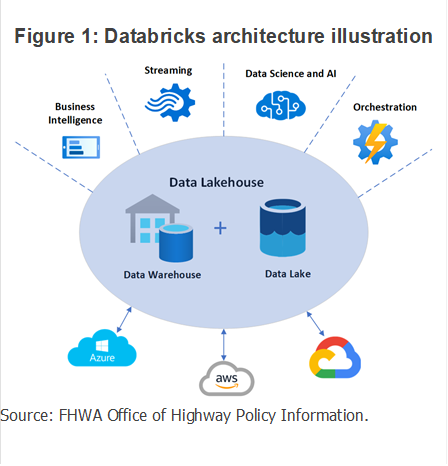With a fresh start on Monday, Thomas Shedd, the new head of Technology Transformation Services, conveyed to members of the General Services Administration his vision of adopting an ‘AI-centered approach’. Shedd, who previously engineered software for Tesla, portrayed a future in which the GSA would function as a ‘digital startup’, focusing on automation of various in-house tasks and bringing together data from different governmental departments.
This revelation came on the heels of a significant shift in the personnel of both the GSA and the Office of Personnel Management (OPM), where a number of Shedd’s colleagues have taken up key positions. The sudden changes have left many at the GSA bewildered, launching them unexpectedly into individual meetings where their code was scrutinized, often by newly inducted engineers who chose to remain anonymous.
In light of these jolting changes, Shedd aimed to clear the air in the Monday gathering. He delved into details about initiatives the GSA would be embarking on in the foreseeable future. Insiders report that his conversation prominently showcased an enlarged role of AI not just within the GSA, but for all governmental agencies.
Shedd detailed his concept of the ‘AI-centered approach’, offering valuable insight into current projects that the acting administrator of GSA is intending to greenlight. One of these initiatives included the creation of ‘AI coding agents’, resources that would become available for utilization by all governmental agencies.
Shedd expressed his conviction that a significant portion of the tasks executed at TTS and throughout the broader government, especially those pertaining to finance, have the potential for automation. However, a cybersecurity specialist cautioned that implementing automation within a governmental framework isn’t akin to other automated technologies, such as autonomous vehicles.
The expert articulated the common predicament where individuals, who lack expertise in the given domain, underestimate the complexity of the task at hand. Shedd echoed this sentiment, encouraging his team to perceive TTS as a financially strained software startup.
Alongside these plans, Shedd stressed that a central data lake is critically needed by the federal government. He is currently in the process of formulating a strategy to achieve this with others. However, where this data warehouse will be housed or whether privacy laws will be adhered to in its creation remained a topic of uncertainty.
Despite these potential stumbling blocks, Shedd insisted on progressing with the plans to discover what could be done. He emphasized the importance of not letting possible obstacles deter the journey towards technological transformation.
During the meeting, Shedd made a notable connection between TTS and United States Digital Services – renamed as United States DOGE Service under the previous administration. Referring to them as the ‘pillars’ of a revamped technological strategy, Shedd accentuated the integral role of these two services.
Later during the discussion, Shedd clarified that there were no intentions to merge the two entities. He explained that projects would be assigned depending on the availability of the staff and their expertise, while underlining the imminent collaborative efforts between TTS and DOGE.
Shedd was confronted with queries about the recent recruits – the young engineers who earlier chose not to introduce themselves in the meetings. He confirmed that one of them had indeed begun participating more openly and was no longer worried about his identity being disclosed.
Unfortunately, Shedd couldn’t provide much clarity on the topic of postponed resignations, the mandate to return to the physical office, or potential future staff reductions. He agreed that reductions at TTS were plausible but refrained from sharing further details.
As the meeting drew to a close, a TTS employee enquired about the probability of extended work hours in light of the potential workload increase and potential staff reductions. In response to this, Shedd stated that the outcome was still uncertain.


